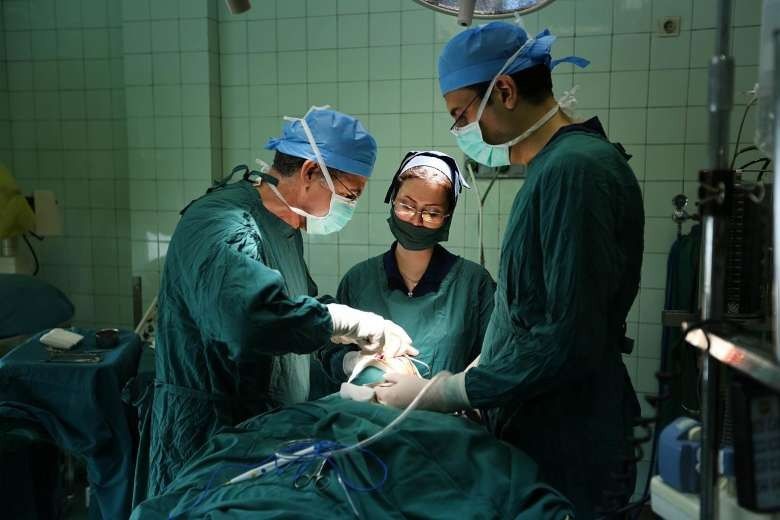Facelift, lipo tax: IRR out on cosmetic procedures

MANILA, Philippines — More than a year after the effectivity of the Tax Reform for Acceleration and Inclusion (TRAIN) law, the Bureau of Internal Revenue (BIR) has finally released the implementing rules and regulations on the imposition of excise taxes on non-essential cosmetic procedures.
Finance Secretary Carlos Dominguez III and Internal Revenue Commissioner Caesar Dulay signed Revenue Regulations (IRR) No. 2-2019 dated Feb. 20, which laid out the guidelines for implementation of Section 46 of the TRAIN law, or the provision on the excise tax on non-essential cosmetic services.
In an interview, Finance Undersecretary Antonette Tionko said it took a while for the BIR to publish the RR 2-2019 due to challenges in identifying the technical terms covered in the law. She said the government consulted practitioners in drafting the regulations.
“It was difficult because we needed to identify the procedures being done, what is invasive and what is not. But that came from the practitioners themselves, from the consultations,” she said.
Under the RR, invasive cosmetic procedures, surgeries and enhancements directed solely towards improving, altering or enhancing a patient’s appearance and do not promote the proper functions of the body or treat illness or disease will be levied an excise tax equivalent to five percent of the gross receipts derived from the performance of such services, net of excise tax and value-added tax.
Invasive cosmetic procedures refer to cosmetic surgery that is carried out by entering the body through the skin or through a body cavity or anatomical opening, but with the smallest damage possible to these structures.
These include liposuction, mammoplasty, breast lift, buccal fat removal, buttocks augmentation, chin augmentation, facelift, neck lift, thread lift, embedded protein threads, hair restoration or transplant, eyelid surgery, vaginal plastic surgery, abdominoplasty, autograting, rhinoplasty and otoplasty, among others.
However, exempted from the excise tax are procedures necessary to ameliorate a deformity arising from a congenital or developmental defect or abnormality; a personal injury resulting from accident or trauma; or disfiguring disease, tumor, virus or infection.
Cases and treatments covered by the National Health Insurance Program are also not subject to this tax.
Non-invasive cosmetic procedures are likewise exempted.
Under the RR, any person performing invasive cosmetic procedures is required to file a return of its monthly gross receipts to the BIR. The tax return should be filed and the excise tax due, if any, should be paid within 10 days following the close of the month.
Practitioners are also required to issue an official receipt for services performed, whether invasive or non-invasive. They are enjoined to maintain a subsidiary ledger recording every service they rendered or performed.
Doctors practicing invasive cosmetic procedures are required to register with the BIR until March 31, 2019 for the updating of their certificate of registration.
Practitioners performing non-invasive procedures will also be required to submit a sworn statement stating that they are only performing non-invasive services.
With the release of the RR, Tionko expressed hope that the BIR would be able to increase its excise tax collections on cosmetic procedures. In the first half of 2018, the DOF reported zero earning from excise tax on cosmetic procedures.
“Hopefully, it will increase. Hopefully its guidance there will be helpful to the practitioners,” she said.
However, she said it would be challenging to monitor cosmetic excise tax due to doctor-patient confidentiality.
“The law itself is problematic already because of the privileged communication between doctor and patient. It’s an obstacle. They have to issue regulations within the parameters of the laws,” Tionko said.
- Latest
- Trending



























